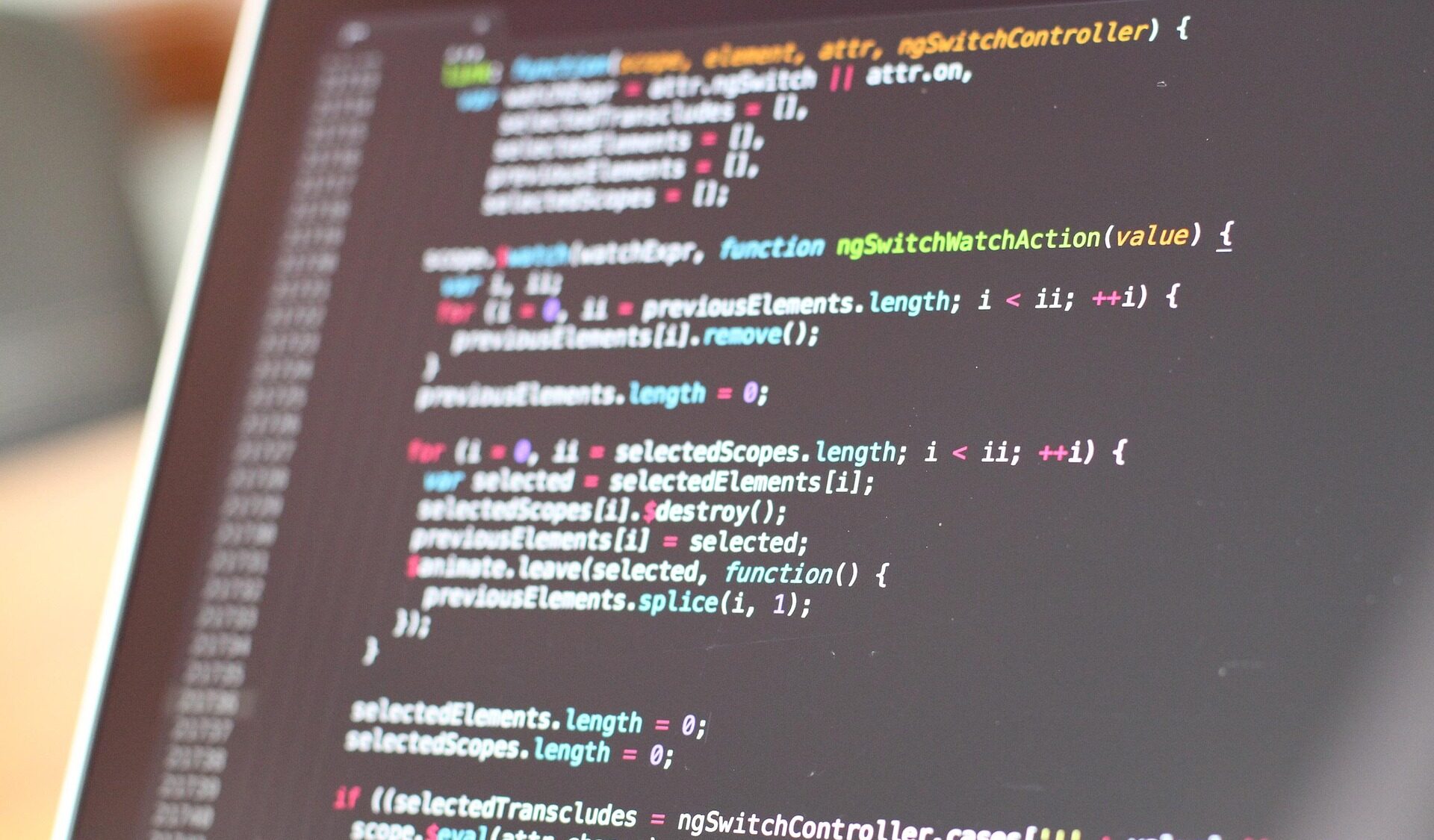
Explore contemporary Russia in a broader historical-political context – language, society, media, and geopolitics in a dynamic global context.
Master the basics of programming – learn to design algorithms, write functional code, and work effectively with data and files.
The aim of the course is to acquire a clearly defined set of basic knowledge and skills in programming, which is then followed by several other courses.
The student should be able to describe the basic principles of computer and operating system functioning, master working with the file system (creating, copying, and deleting files and folders), and use the operating system, including installing and running applications. An understanding of the basics of propositional logic and the ability to solve systems of linear equations are also expected.
After completing the course, the student will be able to characterize the basic language constructs and data structures of a programming language. He/she will understand the basic approaches to algorithm design, and can describe the methods of creating, verifying, and debugging programs. He/she will also explain the principles of basic algorithms for sorting and searching, and will be familiar with the issues of working with files.
Problem solving,
Skill demonstration,
Self-study,
Individual consultation,
Lecture with student activation.
Faculty of Applied Sciences
KIV/PPA
From 15. 6. 2025 to 31. 8. 2025
Winter semester 2025/2026
Room EP 130
FEL Building, Bory Campus
Wednesday 1:55 p.m. – 3:35 p.m.
17. 9. 2025 – 10. 12. 2025
Preparation for comprehensive test: 15 hours
Individual project: 30 hours
Exam preparation: 30 hours
Contact teaching: 65 hours
After logging in, you will be redirected to the e-application form, where you must complete the registration.
Univerzitní 26, Pilsen

Explore contemporary Russia in a broader historical-political context – language, society, media, and geopolitics in a dynamic global context.

Programming basics in practice - learn to write, debug, and effectively structure code to solve real-world problems.

Practice your German in context – connect your language skills with the facts and current events in German-speaking countries.